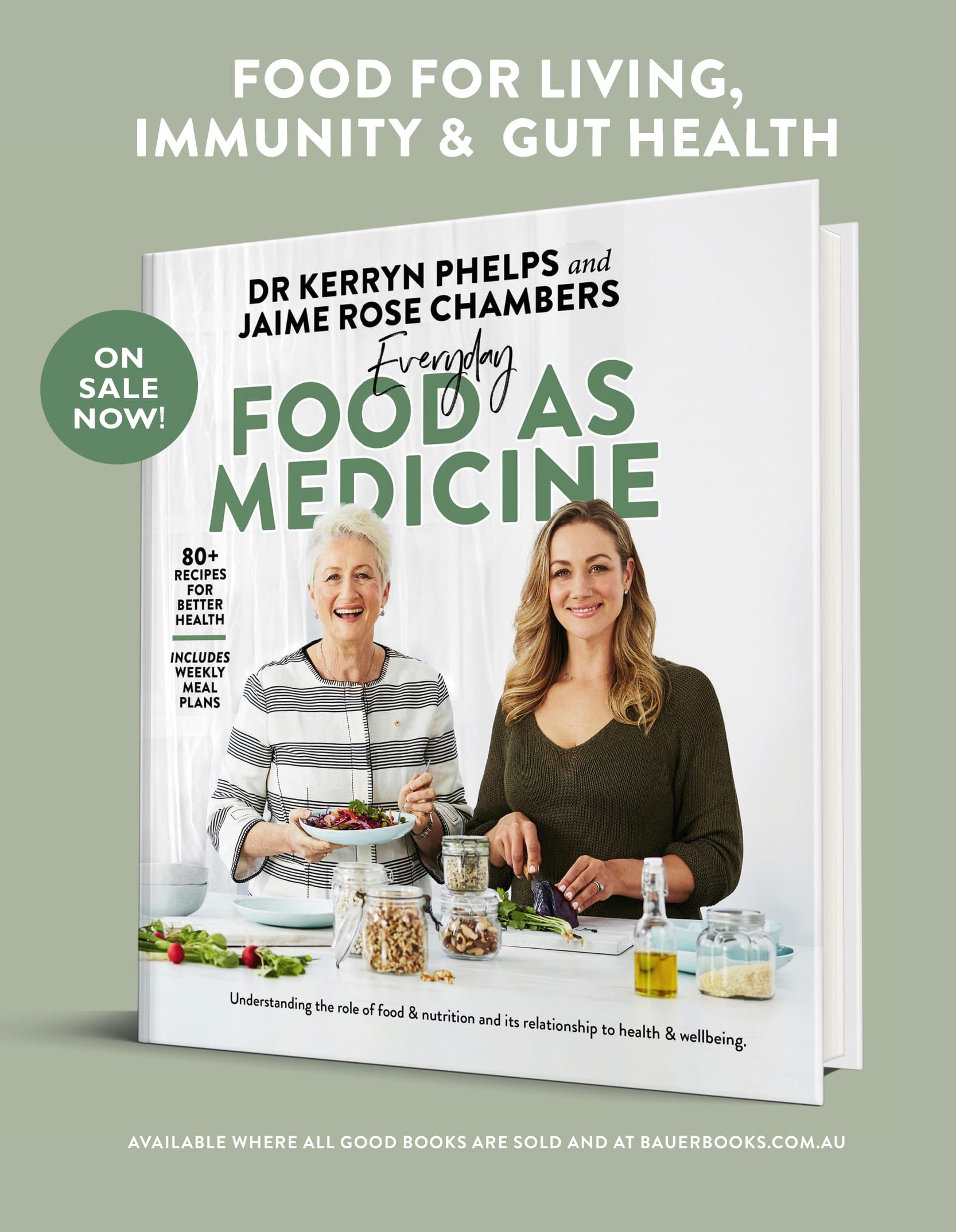Food as Medicine
The interest in nutrition and its relationship to our health has surged recently during these uncertain times as we tackle the COVID-19 pandemic. Everywhere you look there seems to be potions and pills, diets and foods that will boost immunity or cure or prevent this virus. I’m the first to advocate the power of nutrition for our health but often these messages can be misleading and often completely inaccurate so I’m going to outline the role food plays in our health and our immunity.
Nutrients are the components of foods that make up our diet. These nutrients all play essential roles in our body to keep things ticking along well. In a nutshell, if we don’t have enough of a certain nutrient, or too much of a certain nutrient, it may impact our health – from our cardiovascular system, to our brain and mood, our gut to our skin and everything in between.
Our immune system is complex and has many parts to it. These parts all work together to fight unwanted bugs which can enter our body and make us sick. Our immune system has a number of defences from these bugs including barriers in the form of our skin and intestines and bacteria in our gut and cells that are recruited in our body which fight off unwanted bugs.
Despite popular belief, our immune system cannot be supercharged, we can only support it to work at its normal functioning. One of the requirements for a normal functioning immune system is the availability of certain nutrients from the food we eat, in particular protein, zinc, selenium, iron, copper, vitamins A, C, E, vitamin B6 and folate. Some foods are particularly rich in these nutrients are therefore considered immune supporting foods.
These include:
- Protein: meat, fish, seafood, chicken, eggs, dairy, tofu, nuts, seeds, legumes and lentils.
- Zinc: oysters, shellfish, meat, dairy, baked beans, pumpkin seeds, cashews and almonds.
- Selenium: brazil nuts, oily fish (tuna, sardines), meat, eggs, wholegrain bread, baked beans, oats.
- Iron: red meat (beef, veal, lamb), lentils, legumes, spinach, tofu, potato with skin.
- Copper: shellfish, meat, nuts, seeds, wholegrain cereals and chocolate.
- Vitamin A: leafy greens, orange and red fruit and vegetables (sweet potato, carrot, red capsicum, apricots), milk and eggs, oily fish and eggs.
- Vitamin C: fruit and vegetables, particularly red capsicum, oranges, tomato, potato with skin, kiwi, broccoli and berries. Vitamin C is destroyed easily in heat but most of its main sources are eaten raw, which maximises it’s availability.
- Vitamin E: as vitamin E is fat soluble, all it’s food sources contain fat, such as wheat germ, avocado, nuts and seeds, but it is also found in green leafy vegetables and broccoli.
- Vitamin B6: is found in a wide range of foods including meat and seafood, starchy vegetables like potatoes, and chickpeas.
- Folate: is also found in a wide variety of foods, but particularly green leafy vegetables like spinach as well as brussels sprouts and asparagus as well as legumes and fruits like orange, papaya and banana.
We are also learning that a large part of our immune system is in our gut so taking good care of our gut health is important. Eating fermented foods rich in probiotics like yoghurt, kefir and kombucha as well as prebiotics from plant foods feed those bugs in our gut and help to keep them healthy and thriving.


